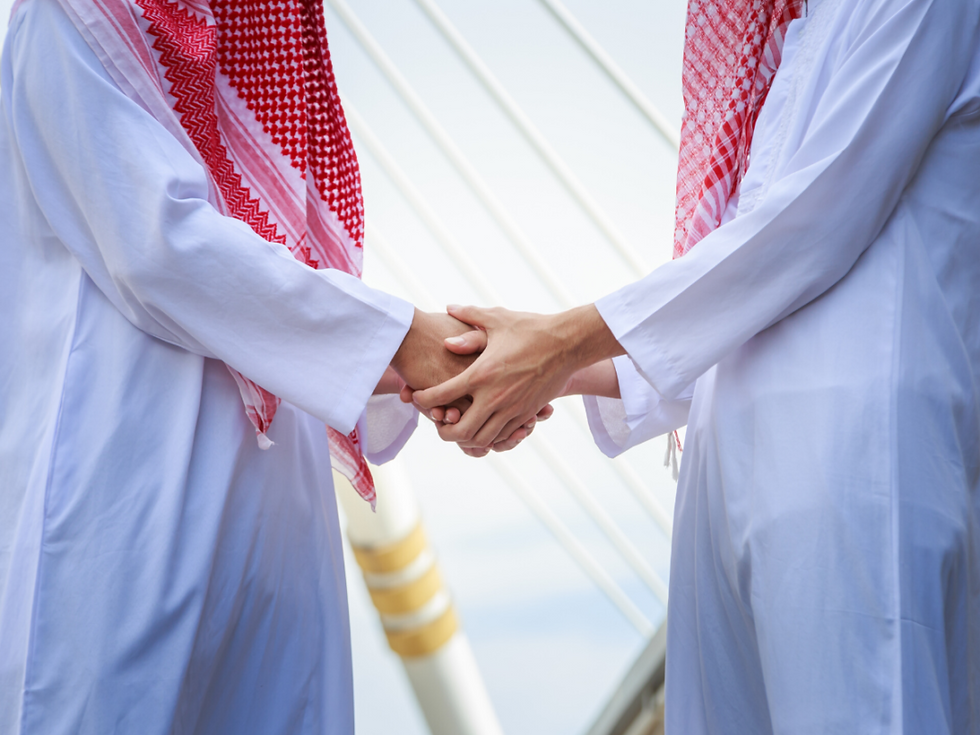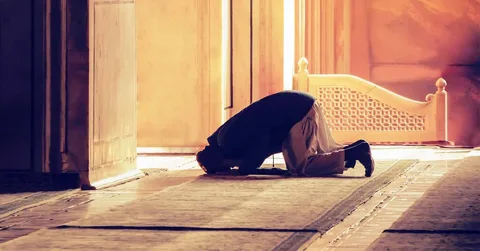Gratitude in Muslim community
- buttharis19999
- Jun 16
- 3 min read
Appreciation or gratitude by Muslims as shukr in the Arabic language plays an important and favorite role in the Muslim community. It is one of the guiding principles that define the lives, behaviours and attitudes of Muslims. The expression of gratitude in Islam depends neither on speeches nor emotions, but it is manifested in deeds, in prayer, and in a continuous variation on the theme of Allah doing well to us. Muslims should always keep in mind that all that they possess as health, family, wealth, knowledge, and success are a gift of Allah. Such an understanding cultivates humility and satisfaction of the heart, and pushes arrogance and feeling of entitlement away.
The teachings of the Qur AN put a lot of emphasis on gratitude. God says in Surah Ibrahim that God will increase you in blessings in case you are thankful, (14:7). This verse does not only remind about the necessity of the feeling of gratitude but also sheds light on one of the divine promises: gratitude results in the occurrence of even greater blessings. This is a great incentive to the Muslim community to live a life that is thankful. Gratitude does not only occur as a response to the presentation of good things, but it is an attitude and a way of life that is content with everything, be it in comfort or difficulty.
The most appropriate example of the gratitude in practice in everyday life is the Prophet Muhammad (peace be upon him). He was very much thankful even though the challenges were so immense and so he would spend most of his nights in prayers thanking Allah for his mercy and guidance. Asked of why he asked to worship so hard after his sins had been forgiven, he answered, isn't he supposed to be a grateful servant? This is a strong answer which keeps even Muslims inspired to show gratitude by sharing their gratitude even today with not only words but also with devotion, charity, patience, and service to man.
Gratitude also strengthens social ties and promotes the culture of mutual respect and kindness in the community of Muslims. Appreciation is very much accorded not only to Allah but to fellow individuals too. The Prophet claimed, He who fails to thank people fails to thank Allah. This is to imply that it is regarded as a religious obligation to be thankful of the hard work and gentle nature of other people. Giving thanks to each other among the Muslims builds a delightful and very well atmospheric influence, where a person feels special, appreciated, and motivated to keep doing the good.
Thankfulness is also a way to fix the negative mood, like jealousy, greed, and dissatisfaction. When someone lives in a world where he or she is always bombarded with the success of others and their life especially in days where social media reigns, gratitude assists Muslims in making sure they keep their feet firmly planted on the ground and are conscious of their blessings at the same time. Rather than always comparing and being robbed of the feeling of lacking something, grateful Muslims are taught to be thankful with what they have and whether they are little or big. Such an attitude results in inner peace, improved mental health, and a friendlier community, where individuals help one another, not to compete.
It is also obligatory to teach gratitude to the child as a child grows up within the Muslim community. The value of shukr is instilled early in life by parents and the teachers and the child is asked to repeat, again and again, the phrase, Alhamdulillah (All praise is due to Allah) as well as comprehend the context of this phrase. Gratitude is also attributed to good attitude, good mannerism and a high level of responsibility. Children who learn to be grateful to their blessings become adults with more sensitive personalities, who are more giving and understanding of other people's needs.
To sum up it can be said that being thankful is a very deep held value within the Muslim community and this is not just being thankful. It determines the way that the Muslims perceive the world and the way they approach other people and the Creator. Reminders of the power of shukr are met out by Quranic edicts, the example of the Prophet Muhammad (peace be upon him) and the cultural customs of Muslims on a daily basis. It does not only augment blessings but also brings up health, spiritually blissful and peaceful society. The Islamic spirit of gratitude is definitely the way of life which creates the feeling of joyfulness, balance, and proximity to Allah.



Comments